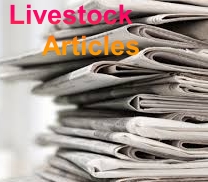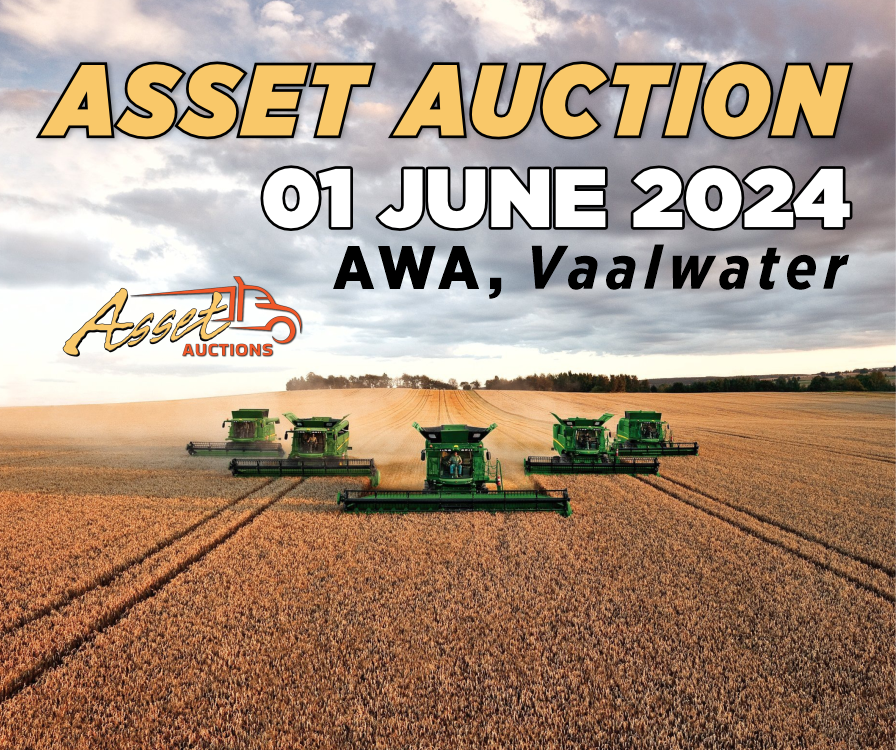National Wool Growers Association
The National Wool Growers' Association of South Africa (NWGA) was founded during a Wool Conference in Middleburg in the Western Cape on 26 May 1926, and has since played a huge role in establishing South Africa as a leader in the production of good quality apparel wool.
The origins of the National Wool Growers' Association of South Africa can be traced back to when the first merino sheep arrived in South Africa in 1789, which today is the main sheep breed used for wool production in South Africa.
The Spanish government highly regulated the merino industry at the time, with only the king being allowed to move merino sheep out of the country. South Africa’s break came when King Charles the fourth of Spain gave two rams and four ewes to King William the fifth of Oranje-Nassau in the Netherlands.
The sheep did not thrive in the Netherlands, so were sent to South Africa. Here they were moved to the government farm, Groenkloof, near Cape Town, in the area that has since become known as Mamre. Spain, however, demanded their sheep back in 1791, arguing it did not give permission for the sheep to be sent to South Africa.
The commander at the Cape, Colonel Robert Jacob Gordon, in response sent six sheep back, while keeping the offspring, resulting in South Africa becoming the first country to acquire merino sheep outside the borders of Europe.
The first wool grower’s association was established in 1831 already, to promote merino wool production in the Cape. More associations in different regions were established as of 1906, leading to the realisation in 1924 that the industry needed a united body to represent it, which led to the launch of the National Wool Growers' Association of South Africa. Claude Orpen was elected as the first chairperson, TE Murray as the first vice-chairperson, and Gerhard Rood, the first secretary.
The NWGA had its first formal representative congress at the Bloemfontein Show on 18 September 1929. During the early years, it enjoyed the same status as provincial boards of the Agricultural Union and managed all sheep-related issues, even mutton and lamb meat production, until the Red Meat Producers Organisation was founded.
National Wool Growers Association
The NWGA has provincial offices at Ermelo for KwaZulu-Natal and Mpumalanga, Bloemfontein for the Free State, Carnarvon for the Northern Cape, Middelburg for the Eastern Cape and Caledon for the Western Cape. Its headquarters are in Port Elizabeth in the Eastern Cape.
Offices serving communal farmers are situated at Kokstad in KwaZulu-Natal and East-London, Sterkspruit, Butterworth, Queenstown, Mount Frere, Mthatha, Cofimvaba and King William’s Town in the Eastern Cape
National Wool Growers' Association of SA serves as the voice of wool farmers on various platforms, such as Agri SA, the Predation Management Forum, the Animal Health Forum, the Stock Theft Forum, AgriSETA, Cape Wools and the International Wool Textile Organisation, and liaises with government, political leaders and other relevant role-players, locally and internationally, to a favourable environment for wool production.
It has also been involved in the development and standardisation of the wool classing system, and the generic marketing of wool. It was also one of the founding members of the International Wool Secretariat in 1937, along with Australia and New Zealand, aimed at promoting international wool consumption, which in spite of its exceptional quality represented a mere 1,2% of global fibre consumption in 2019.
The NWGA advances the industry by offering production technology services and aligning research efforts with farmers’ needs.
One of its goals at the moment is to increase wool production in South Africa, which has fallen from 100 million kilograms to below 50 million kilograms, to 75 million kilograms per year.
National Wool Growers Association
NWGA is a national commodity structure that represents the interest and needs of commercial, emerging and communal wool farmers in South Africa. All wool producers are therefore encouraged to join its ranks.
The industry as a whole has about 15 million sheep of which 4 million are in the hands of communal farmers. Production averages around 45 million kilograms per year, with the emerging sector accounting for roughly 13% of the clip. More than 90% of the wool is exported, primarily to China, the Czech Republic, Italy, Egypt and Bulgaria.
The industry employs about 35 000 workers and 4 000 sheep shearers and wool handlers.
In 2020, the National Wool Growers' Association of SA represented more than 80% of the national clip, with 50% of its members being black, emerging or communal farmers. Roughly 4 500 of its members are commercial and 20 000 are communal farmers.
Farmers have to fill in an application to join the association. A uniform membership fee of 0,25% of realisation value of their wool clip is charged, with a minimum of R250.
Farmers and other industry role-players are kept abreast of the latest technological developments as well as production and market trends through various platforms, including the NWGA website, provincial farmer meetings, an annual general meeting, newsletters and the industry’s biannual magazine, Wool Farmer, which first appeared in August 1947.
NWGA Technical Support
The NWGA offers advisory services to commercial and communal farmers aimed at increasing their overall financial sustainability.
Commercial farmers have access to reproduction training to ensure the best possible yields from ewes. The training is broken into seven modules and presented to farmer groups.
Farm analysis services are offered that benchmark farming operations against one another, and allows farmers to identify ways in which the financial performance of a farm can be improved.
Farmers also benefit from predation management courses aimed at minimising the impact of problem animals. Members suffer significantly lower predation losses than non-members, thanks to this programme.
In addition to this, the NWGA supplies shearing training to equip shearers with the skills to manage sheep humanely, avoid injuries to the animals and themselves, and shear sheep as quickly and efficiently as possible.
On a communal level, the NWGA organises smallholder farmers into wool production associations allowing the collective marketing of wool. These associations may also be used to enhance the farmers’ bargaining power by allowing them to buy inputs in bulk.
Shearing sheds and equipment are made available to these farmers through support from government and private organisations or companies, where they can harvest and class the wool according to market requirements.
The National Wool Growers' Association of SA offers a government funded genetic improvement project, whereby good quality rams are supplied to communal farmers to improve their herds. The farmers also have access to training and mentorship programmes, which includes thirteen courses in basic wool production, which is funded by the Wool Trust and AgriSETA.
Since 1997, the association’s training and development programme has increased communal farmers’ income from wool by almost 90 percent.








